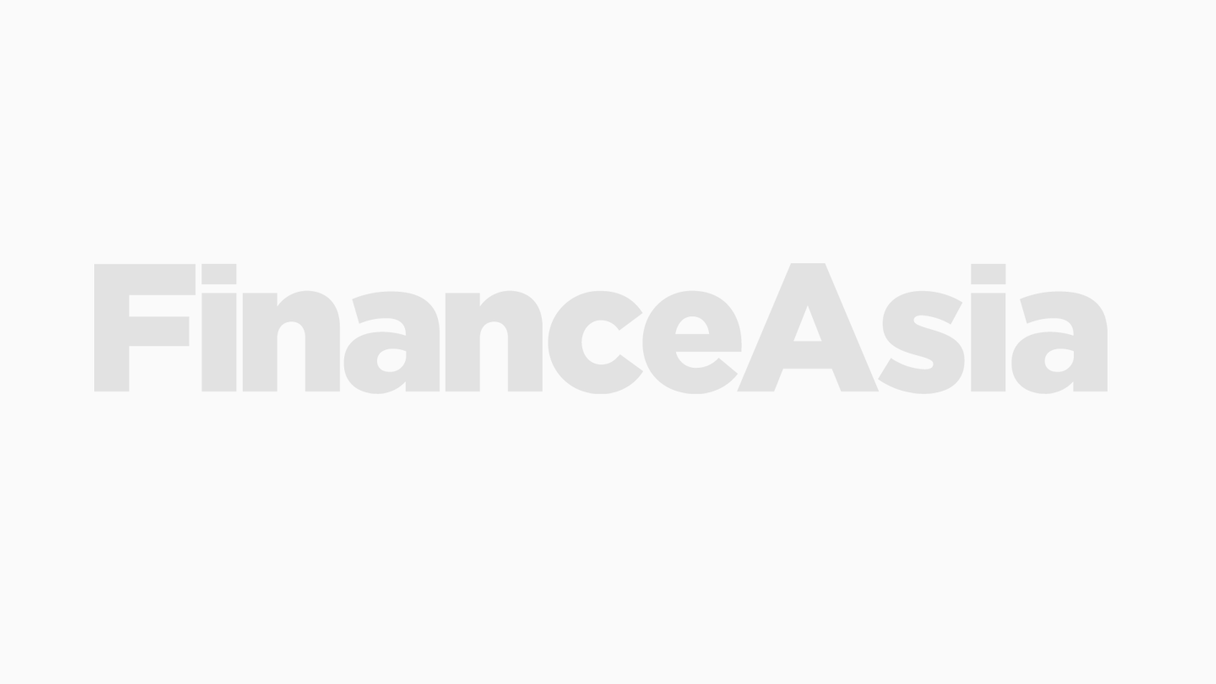Having dispensed with a regional securitization team as the Asian crisis unfolded in 1997, ING Barings' decision to re-establish last year seemed confirmation of its expectation that the market is starting to pick up again. Nevertheless, the bank is expressing cautious optimism about growth in the asset-backed sector, particularly as there has been relatively little activity to date outside of Korea.



